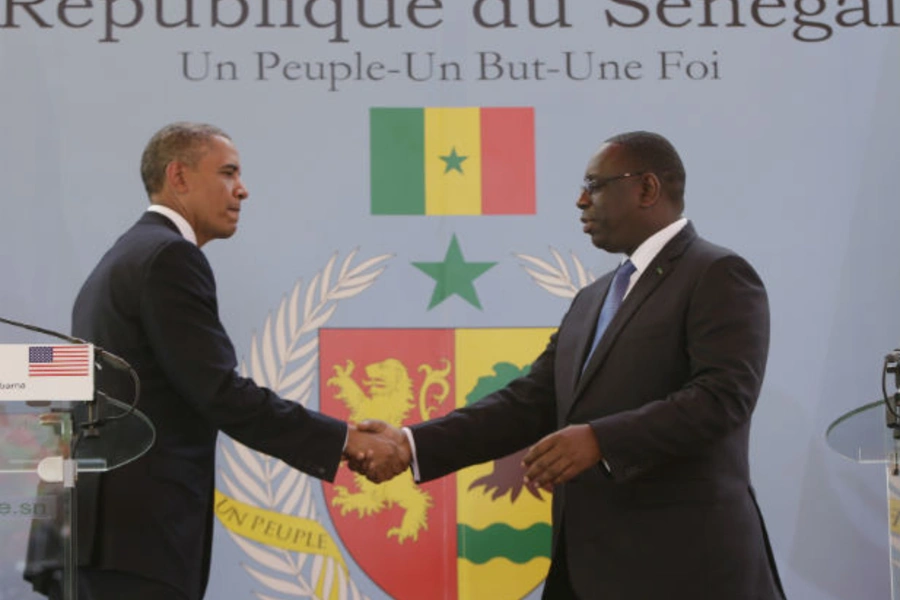
From constitutional milestones in Guinea to economic advances in Nigeria, and from flooding in Senegal’s spiritual heartland to social unrest in Togo, West Africa navigates a complex tapestry of challenges and progress as of August 2025.
In Guinea, the transitional leader, General Mamadi Doumbouya, has taken a crucial step in the country’s political evolution. On August 4, he officially announced a referendum on a new draft constitution, scheduled for September 21, 2025.
According to official sources, polling stations will operate from 7 a.m. to 6 p.m., with secret ballots cast under the framework of Law L 2025-012-CNT.
This referendum marks a defining moment in Guinea’s journey towards constitutional normalcy after years of transition since 2021.
Meanwhile, Mali is pressing forward with reforms in its mining sector. Canadian firm B2Gold aims to begin exploiting the Fekola Regional satellite deposit near Kéniéba, under a revenue-sharing agreement that allocates 65% to the company and 35% to Mali.
The project awaits an exploitation permit expected before year-end, embodying Bamako’s broader goal to assert sovereignty over its extractive resources amid regulatory overhaul.
Senegal’s holy city of Touba confronts a different ordeal. Just days before the Grand Magal pilgrimage, torrential rains dumped 143mm, triggering severe flooding and displacing many residents.
While critical infrastructure like Khadim Rassoul residence and the town hall escaped major damage thanks to efficient drainage, other districts remain cut off despite emergency interventions.
The Gambia stands out amid West African trade tensions, having been spared from U.S.-imposed tariffs that hit 22 African countries. While neighbors grapple with levies of 15-30% on textiles, agriculture, and minerals, Gambia maintains a moderate reciprocal tariff of 10%, cushioning its economy against harsher impacts.
In Togo, healthcare reforms take centre stage with union meetings addressing public hospital conditions and contract worker status. Secretary-General Dr. Gilbert Tsolenyanu heralded this as a “historic turning point,” noting gains including over 6,000 new hires, better on-call bonuses, and CNSS registration.
Côte d’Ivoire celebrated meritocracy during its 12th National Day of Excellence, where President Alassane Ouattara honoured 74 outstanding contributors to national development with trophies, diplomas, and cash awards.
Prime Minister Robert Beugré Mambé highlighted the rigorous, consensus-driven selection process.
Finally, Nigeria’s industrial ambitions received a boost as Afreximbank extended $1.35 billion to Dangote Industries Limited, part of a $4 billion syndicated loan.
Funds will refinance the world’s largest single-train refinery, reinforcing Nigeria’s regional energy clout and advancing Africa’s industrialisation goals.
Together, these snapshots portray a West Africa where political reform, economic resilience, environmental challenges, and social activism intertwine in shaping the region’s future.



